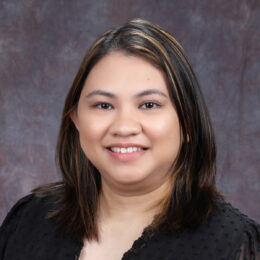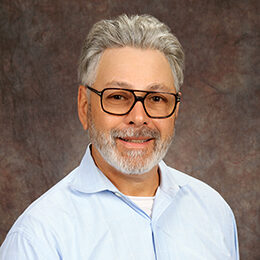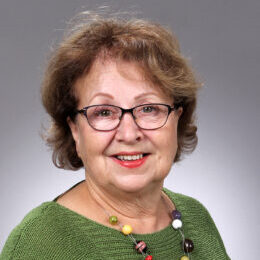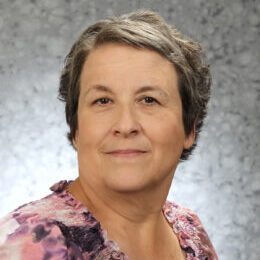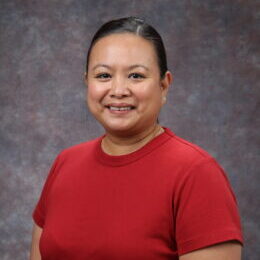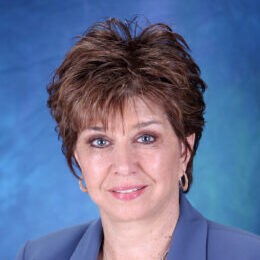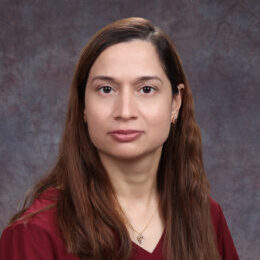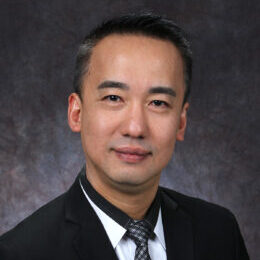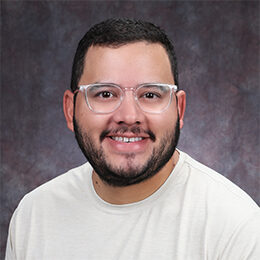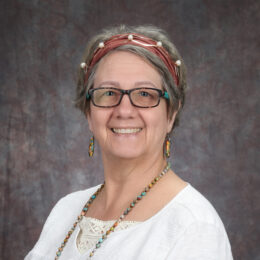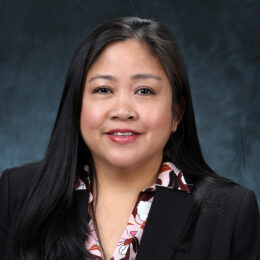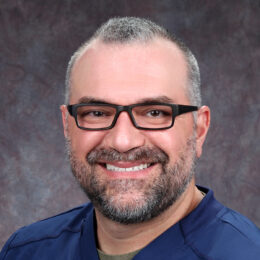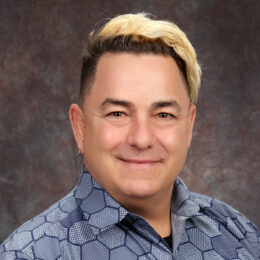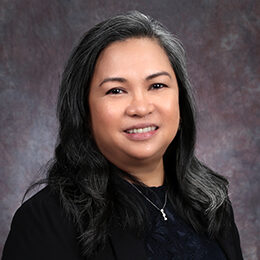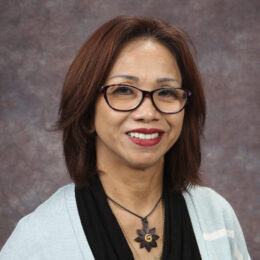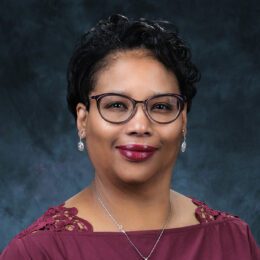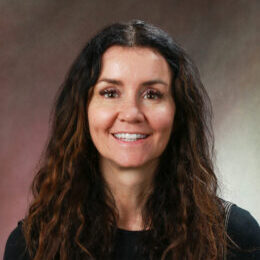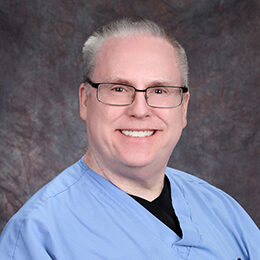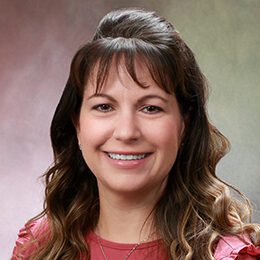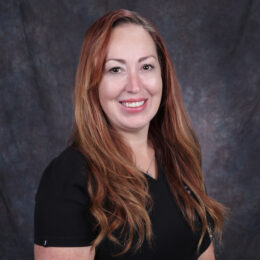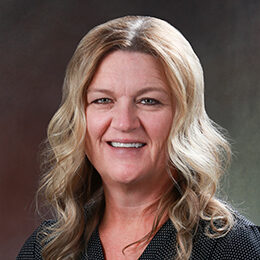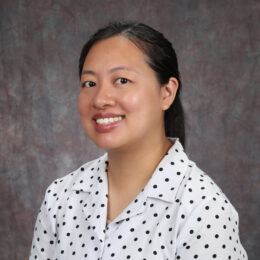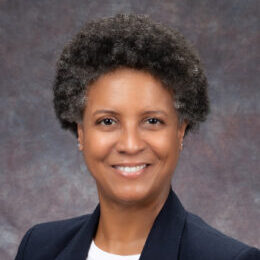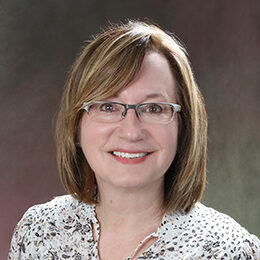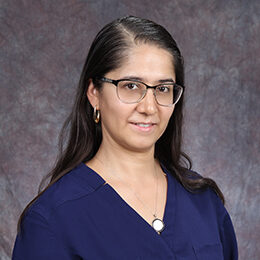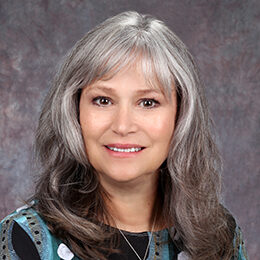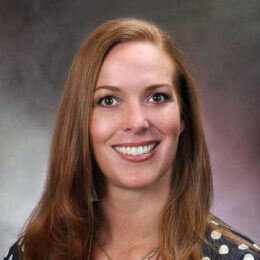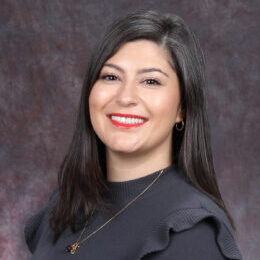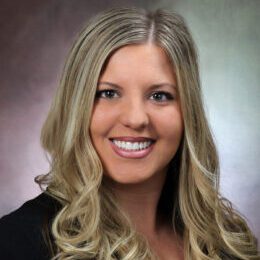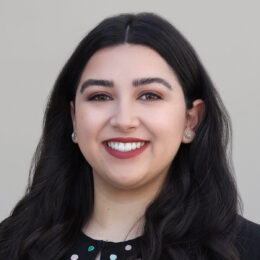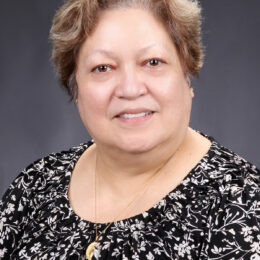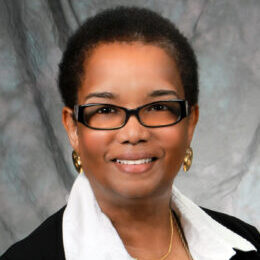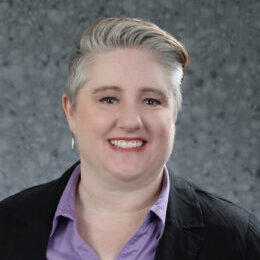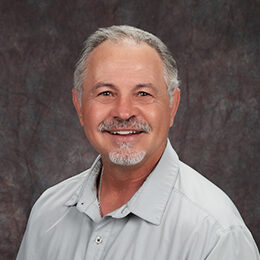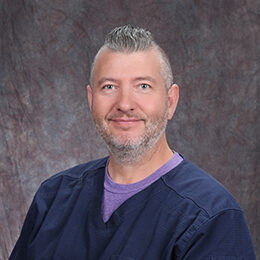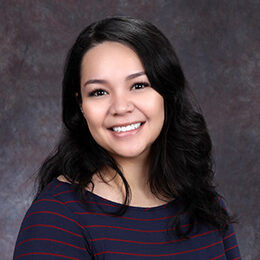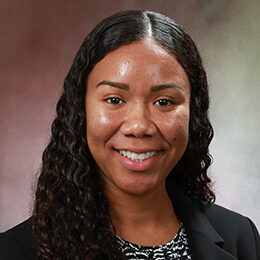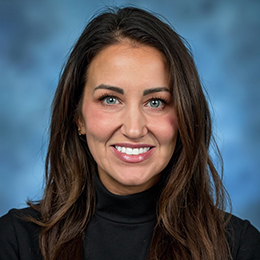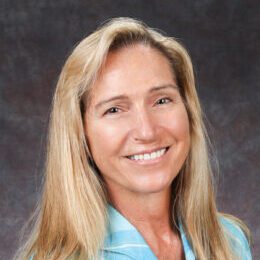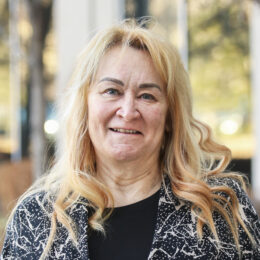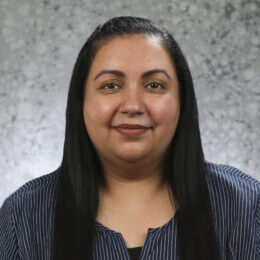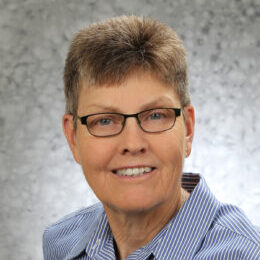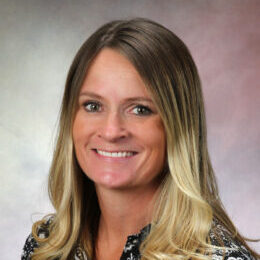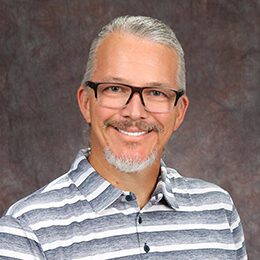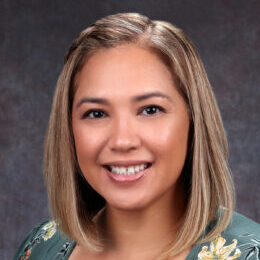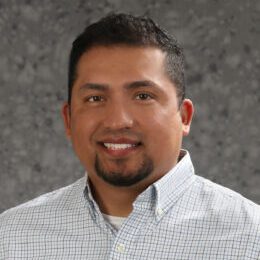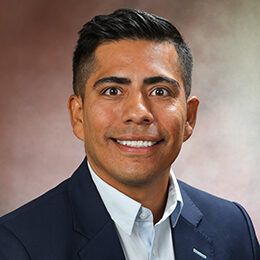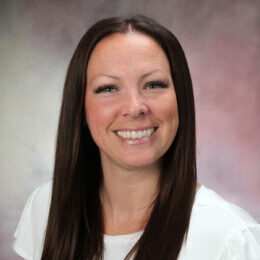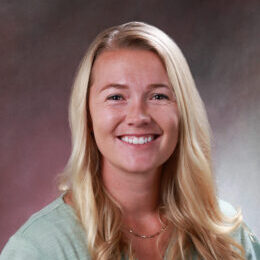College of Nursing
Innovative Education Meets Real-World Care.
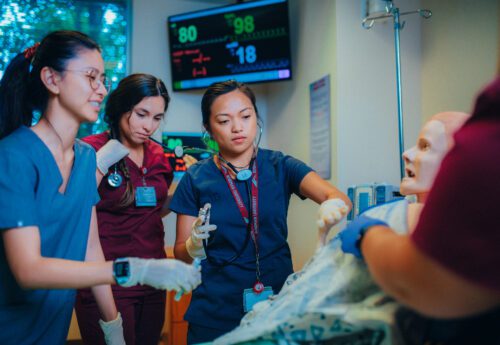
Nursing careers are expected to grow as much as 15% over the next decade, according to the Bureau of Labor Statistics. Roseman University’s College of Nursing provides real-world training and applications in a variety of programs to prepare professionals for an exciting and rewarding career in nursing. Our options include an accelerated Bachelor of Science in Nursing (ABSN) either on-campus or hybrid-online, Doctor of Nursing Practice – Family Nurse Practitioner (DNPFNP), and a Doctor of Nursing Practice in Nurse Anesthesia (DNPNA), equipping graduates for a career as a Certified Registered Nurse Anesthetist.
Accelerated Bachelor of Science in Nursing (ABSN)
For those seeking an entry-level career in nursing, our accelerated BSN programs prepare students for contributing to various areas in the healthcare industry. Students must first meet specific prerequisites to apply to the program and take a pre-admission test also known as the Test of Essential Academic Skills (TEAS). Our accelerated on-campus and hybrid online ABSN programs are available for students who are looking to complete their studies sooner. By the completion of the program, which takes less than 18 months for the on-campus and hybrid online programs, graduates can assume the legal, professional, and ethical responsibilities that are part of the Nurse Practice Act and officially become a nurse after successfully passing the National Council Licensure Examination for Registered Nurses (NCLEX-RN).
Contact an admissions advisor at any time for help with your application. Contact an Admissions Advisor today!
Application Open Dates
- Summer 2025 ABSN-Hybrid-Online – opens 11/1/24, closes 5/12/25
- Fall 2025 ABSN – On-Campus – opens 8/8/24, closes 6/16/25
- Fall 2025 ABSN – Hybrid-Online – opens 4/1/25, closes 8/1/25
- Spring 2026 ABSN – Hybrid-Online – opens 8/1/25, closes 11/1/25
*The College of Nursing employs a rolling admissions process. Classes may be filled prior to the deadline indicated. Please contact the Admissions and Enrollment Office to determine if classes have been filled.
Doctor of Nursing Practice – Family Nurse Practitioner (DNPFNP)
Roseman’s 36-month, full-time, online Doctor of Nursing Practice—Family Nurse Practitioner (DNPFNP) program is designed for nurses with a Bachelor of Science in Nursing (BSN) degree who wish to achieve the highest level of nursing practice and prepare for the national call to elevate the academic preparation of nurses to the doctoral level. The DNPFNP enables graduates to practice as Family Nurse Practitioners, lead in Administrative roles within healthcare systems, teach in academia, conduct and translate evidence-based research, improve safety and quality, and advocate on behalf of their patients.
Doctor of Nursing Practice in Nurse Anesthesia (DNPNA)
Welcome to Roseman University College of Nursing’s Doctor of Nursing Practice in Nurse Anesthesia (DNPNA) program, a transformative educational experience designed for aspiring nurses seeking to embark on a fulfilling journey toward becoming a Certified Registered Nurse Anesthetist (CRNA). Developed specifically for those holding a Bachelor of Science in Nursing (BSN) degree or an equivalent baccalaureate qualification, Approved by the Council on Accreditation of Nurse Anesthesia Educational Programs (COA), this innovative 36-month, full-time, year-round hybrid-online program is taught using Roseman University’s Six-Point Mastery Learning Model®, equipping graduates with the knowledge, skills, and clinical expertise needed to excel in the dynamic field of nurse anesthesia.
Roseman’s DNPNA program offers a unique blend of in-person and online learning, ensuring flexibility and accessibility without compromising on the quality of education. Join us in this exciting educational endeavor and take your first step toward a rewarding and impactful career in nurse anesthesia.
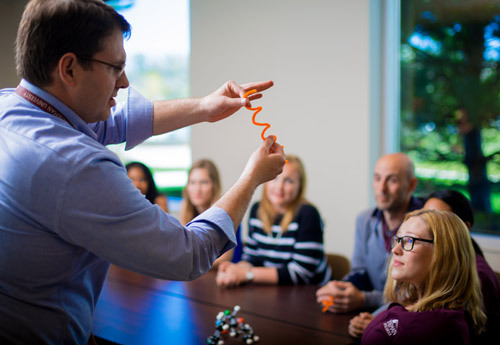
Six-Point Mastery Learning Model®
Roseman University strives to produce competent graduates in an educational environment that ensures high levels of achievement from all students and fosters cooperation and collaboration in the learning process. This is the concept of mastery learning.

Classroom As Teacher

Block Curriculum

Active & Collaborative Learning

Competency-Based Education

Assessment Learning

Early Experiential Learning
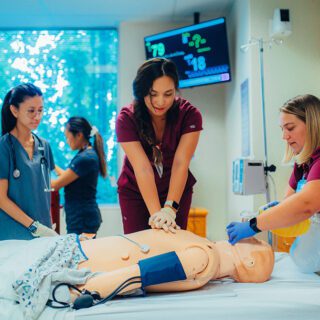
About the College of Nursing
Learn more about the Roseman University College of Nursing, from accreditation and licensure to important policies and campus safety.
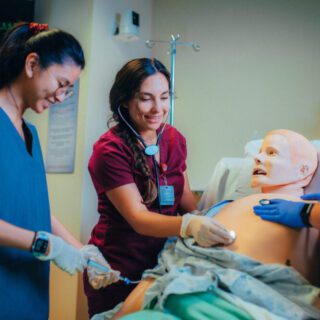
Why Choose Nursing?
There are a myriad of reasons why a nursing career is a viable and rewarding choice for a professional career, and nurse salary is competitive. Here are some things to consider as you determine whether it is the right career path for you.
